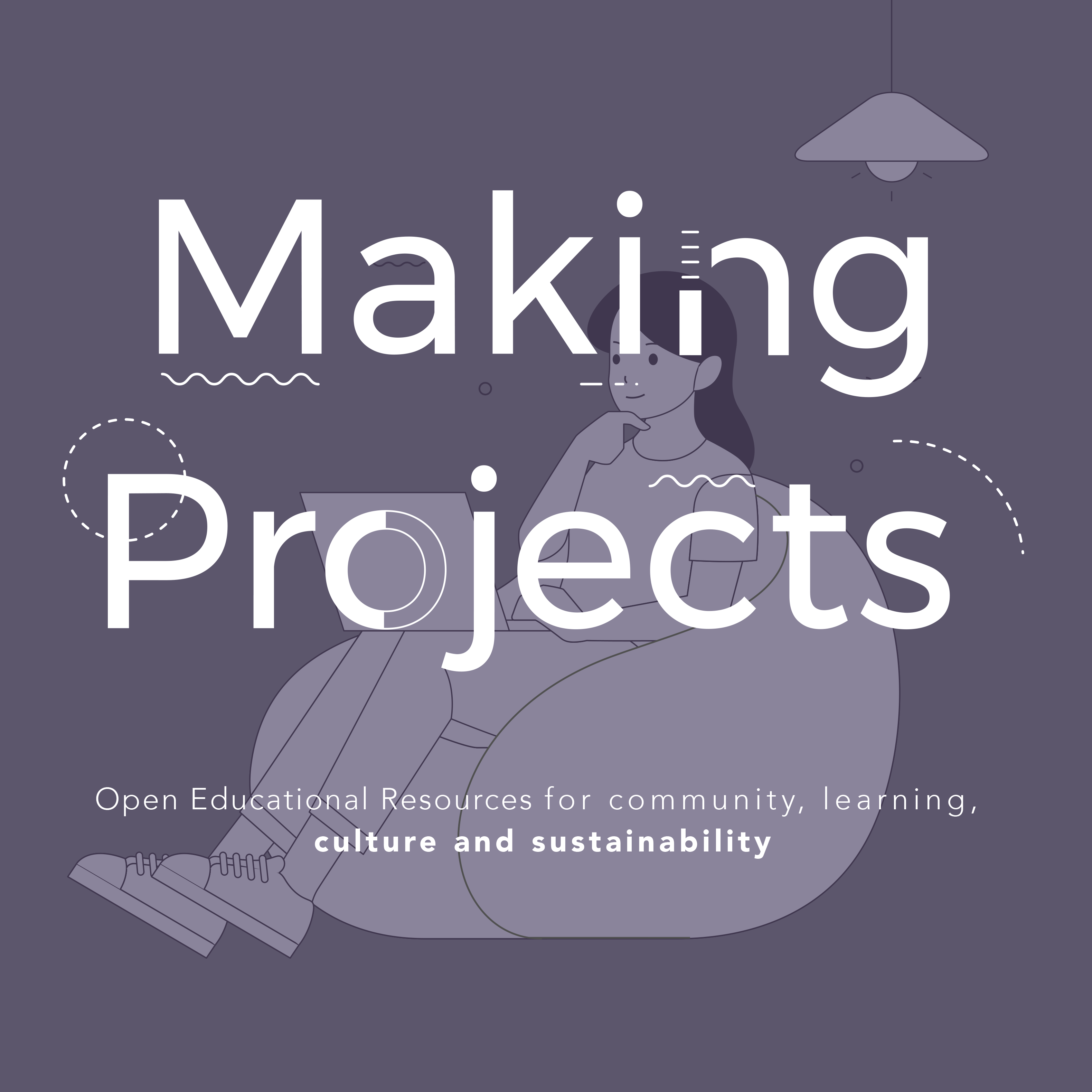#ChangeofView:
Changing the way we look at supporting vulnerable groups
Year: 2019-2021
Territory: Europe
Links: https://change-of-view.eu/en/ | https://twitter.com/hashtag/changeofview

The aim of the CHANGE OF VIEW project is to renew support methods for vulnerable groups, particularly the remobilization phase, the first step in any training program.The 6 project partners from 4 EU countries, Belgium, Spain, France and Luxembourg, contribute in their usual activities to one or more European priorities such as the fight against dropping out of education and/or work, the inclusion of people with disabilities into the workplace, the development of transversal skills and the fight against illiteracy.
Their experience has led them to note that the staff or educators tend to position themselves in a unilateral relationship of support towards the persons concerned and that too often the models of intervention are not considered from the needs expressed by the latter, but by those perceived by the educators. At the same time, these adult learners sometimes unconsciously demonstrate self-discrimination. They then adopt attitudes of resignation to avoid confronting situations that seem hostile to them. Too often these so-called «vulnerable» audiences are qualified by their weaknesses, their lacks, rather than by their potential, their aspirations, their resources, while they develop incredible survival strategies.
We have defined three work objectives for this project:
- Change the pedagogical reference paradigm of educators and staff accompanying these learners
- Make explicit the skills of learners and make visible their potential
- Fight against the self-discrimination of adult learners
To achieve these goals, the project partners will create innovative educational resources that can be used by professionals in the field of adult education.
These resources are:
- A frame of reference for trainers that allows them to build a conceptual framework around»empowerment», positive pedagogy and capabilities, to develop in each individual the power to act and foster self-esteem, self-confidence, initiative, creativity to increase one’s skills.
- A gallery of «inspirational portraits» or «role models» created with the target audience accompanied by a methodology to enrich and use this gallery. These «role models» are neither idols nor superheroes, but inspiring leaders allowing them to recognize themselves in people close to their experience and reality and to escape the spiral of self-discrimination.
- A game co-designed with learners to make visible their potential, their skills, to assist them in the construction of a life course, a path to employment and social inclusion.
Adult learners from different countries of the partnership will be associated throughout the project to build for and with them the educational resources.This co-construction, to which social work students will also be associated, will help to change the way we look at people and to recognize them in their richness, their potential, their innate talents. The project resources will be accessible online, and can be used by all educators in the European Union well beyond the field of adult education.
To guarantee that the tools developed are flexible and adaptable to the different situations of European countries, the project will be developed within the framework of European cooperation and its products translated into English, Spanish and French.
The project will have an impact on the education and training system as it aims to improve training systems in the adult education sector and more broadly to support this audience. This work methodology can be applied in all training sectors and with all types of public: women, young people, people with disabilities, migrants, but also school, students,apprentices … Indeed, it allows educators, teacher trainers to put in place the right conditions to foster a more social and collaborative learning allowing everyone to develop their skills
A first public conference will be organized by Trànsit Projectes in Barcelona in December 2020, to present the progress of the work.
The Change of View project is funded by the ERASMUS+ Programme of the European Union , and its duration is 26 months, from September 2019 to October 2021 (project code: 2019-1-FR01-KA204-062326 ).
The project partners are:

















